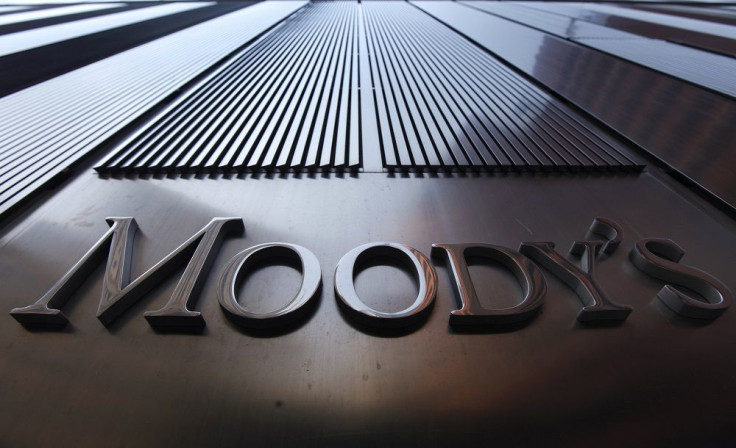Moody’s says emergence of Coalition government provides some clarity about Parliamentary agenda, maintains ‘robust’ outlook for Australia

With the prospect of a hung parliament removed following the reelection of Malcolm Turnbull as Australia’s prime minister, a second rating agency calmed downgrade threats. Moody’s maintained a “robust” outlook for the Australian sovereign credit rating days after Standard & Poor’s placed the country on “negative” watch the Triple A rating from “stable.”
Moody’s sees the emergence of a Coalition government as providing some clarity on the agenda of the next Parliament. Ahead of the start of a new Parliament, the rating agency warns the new Senate to “overcome ideological divisions” so policies that could trigger a “negative” impact on Australia’s reputation as a borrower would not be placed at risk.
“Moody’s expects fiscal consolidation to remain a key policy objective of the government,” The Australian quotes Marie Dizon, senior vice president of Moody’s Investors Service. Dizon foresees Australia’s economic momentum remaining strong and the weaker Australian currency having positive effects on services exports.
She adds private consumption would likely remain resilient even if unemployment has been stable, while low interest rates are expected to support economic growth. Dizon stresses that trends in Australia’s credit profile would be based on fiscal objectives being effectively put in place and external financing conditions remaining favourable.
However, if the new Senate would be split and produce little agreement on fiscal consolidation and macroeconomic policy measures, Dizon predicts a “negative” credit rating for Australia. But if there is evidence of the Senate effectively cutting the federal budget deficit and government debt would stabilise, it would support Australia’s credit profile.
Following S&P’s action, Sydney Morning Herald economics editor Ross Gittins says the big three ratings agencies have destroyed its credibility forever. Gittins explains he could no longer take their pronouncements seriously because it betrayed the trust of investors as “a bastion against crisis and collapse.”
He points to the ratings agencies awarding Triple A credit ratings of paying customers that later turned out to be toxic debt. “In the process, they exposed the obvious conflict of interest involved in the common practice of governments attempting to protect the interest of investors and other by requiring businesses to buy ‘independent’ certification from other businesses,” writes Gittins.
VIDEO: Australian Leaders Seek Minor Party Support






